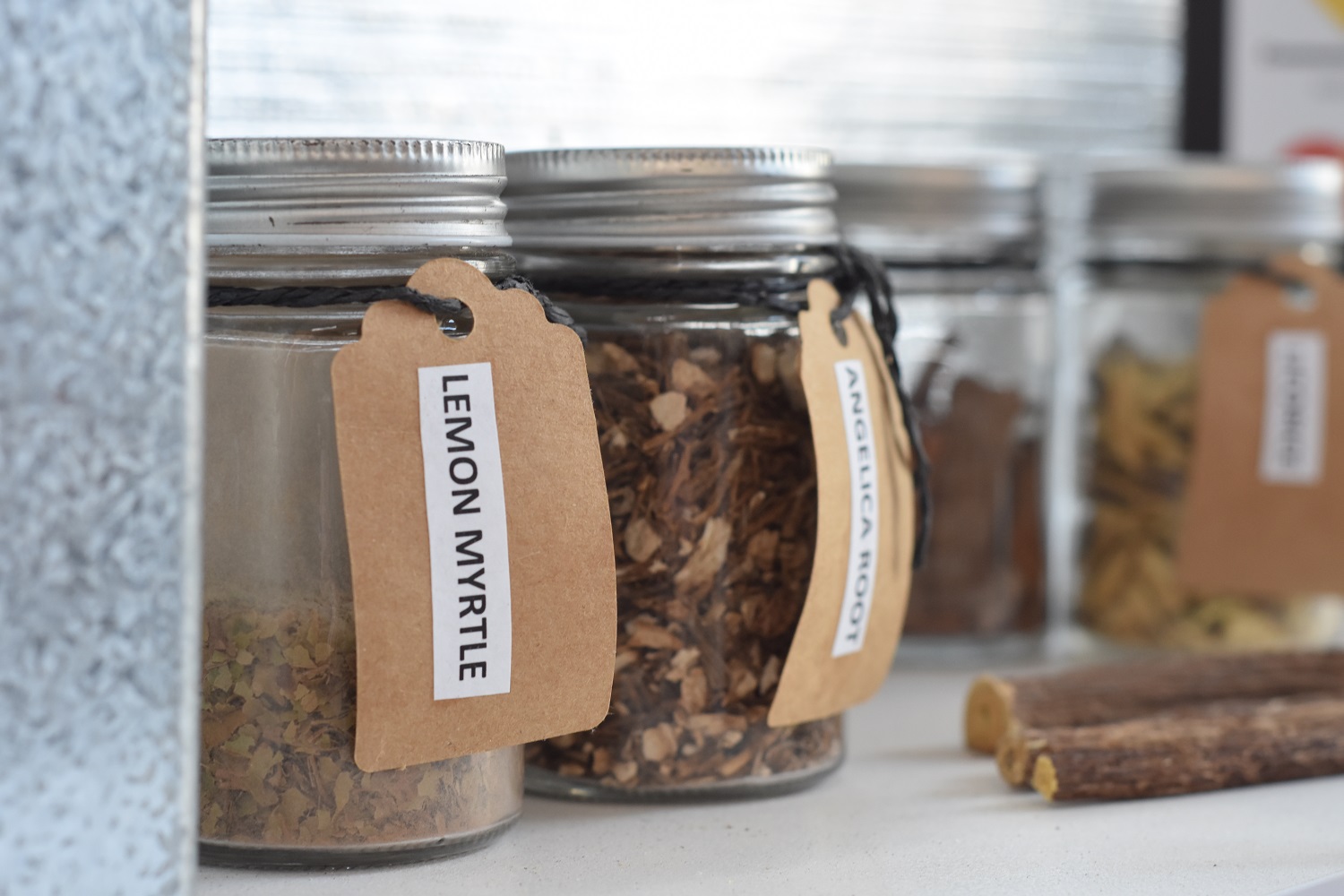If you have been thinking about starting your own distilling business, and you don’t already have an experience doing so, you have probably also wondered about the technical skills of actually producing spirit.
So when is the right time to ‘get technical’ and how do you go about skilling yourself up to commencing distilling?
The answer is not straight forward, because it depends so much on what you are planning to make and how you are going about it. It also depends where you are on your journey.
So let’s break that down into three categories:
- Exploring and thinking
If you are thinking about starting we recommend you research all the elements involved. This might include going on road trips with your mates or partner, checking out other distilleries and commencing research on what’s involved. One day courses and tours can be great for this. - Building your distillery
If you have already started planning your distillery and are wondering about what comes next, you might want to get a bit technical with your understanding. Again this might involve some experimentation but should also involve talking to people and taking some courses. - Just commenced distilling
If you are ready to push go on the distillery, we’d hope you have already some idea about the technical side of things. The Institute of Brewing and Distilling runs some great courses and will also provide you with a technical qualification that can be useful.
So how technical should you get? We believe that producing quality spirit is important, so get it right, make sure you know what you’re doing. Find out more information by joining the course



